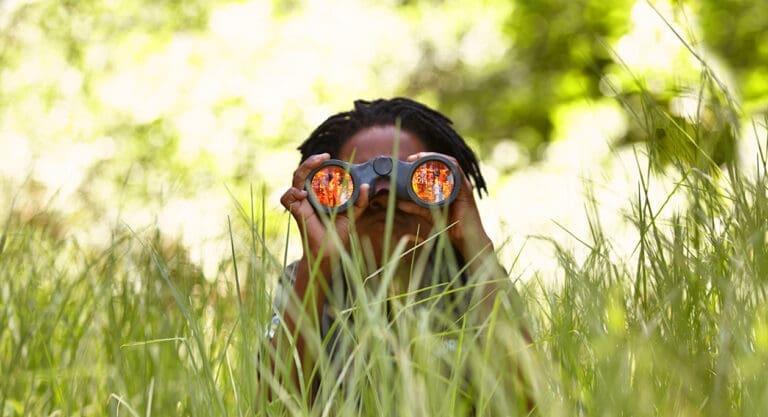We often think of inspiration in connection with an experience that we find mentally or emotionally stimulating. Feeling inspired heightens experiences. After all, inspiration can motivate us to start something new, follow through on something already started, or return to something we may have abandoned and forgotten. Inspiration can increase the clarity with which we see the world around us. It can stimulate higher levels of energy, which can in turn help us to be more creative.
We might find ourselves inspired by exposure to the arts, the courage or behavior of someone, or the wonders of nature. In response, we can be moved to tears or motivated to act. Our feelings of inspiration might lead to a new idea, an insight to address or solve a problem, or a commitment to rearrange our priorities, or it might encourage us to change the direction of our lives.
The inspiration we feel can lead to outcomes as modest as rearranging our classroom furniture and planning a lesson, or it may lead to outcomes as profound as exploring a new dimension of music or art, starting a new phase of our career, or rethinking our relationships and approach to engaging students. The question is: Where can we find inspiration, and what we might choose to do with it? Here are six steps to help us find it and decide what to do as a result.
We can start by changing routines and opening ourselves up to new experiences. Trying new things can revitalize our habits and shift our attitudes. New experiences can stimulate new ideas, open us up to new possibilities, and suggest options we have not been aware of or considered in the past. Interestingly, just making the commitment to do something different can be the first step in becoming inspired.
We can become more aware of shifts in our energy. We might notice what seems interesting, feels exciting, and may even leave us feeling a little “tingly.” Changes in energy levels can be an indicator that something we are observing or experiencing has the potential to be inspiring; the source may be another person, an innovative idea, music, art, or a demonstration of expertise and passion. Regardless, if we pay attention to our response, we may find the inspiration we seek.
We can pay more attention to our fantasies, daydreams, and musings. By reflecting on where our mind goes when it is not required to pay attention or focus, we can uncover some important insights about what might inspire us. Consider the quote from author Vi Keeland: “If you want to know where your heart is, look at where you mind goes when it wanders.”Journaling can be a great way to keep track of where our mind goes when our attention is not directed at a task or other responsibility.
We can revisit what used to inspire us. Most of us have had dreams and activities that occupied our minds and stimulated our emotions, but for some reason we migrated away from them. Their abandonment may have been in favor of what may have been expected of us, what we expected of ourselves, or just because we moved on. Now might be a good time to revisit and reacquaint ourselves with these past inspirations. We may find that there is something there worth exploring and reengaging with.
We can explore ideas, innovations, and solutions present in other fields and professions. When our experience is exclusively in one area, we can be unaware of how problems have been solved, answers discovered, and practices perfected in other contexts. Sometimes the inspiration we seek can be found in approaches and applications others have developed that, with revisions and adjustments, can be the source of inspiration to solve problems or challenges we face.
We can spend more time observing and experiencing nature. While this strategy may seem obvious, its simplicity does not nullify its significance. We can experience something magical when we pay attention to—and gather inspiration from—the wonders of nature: the relationships among plants, animals, weather, and earth. The systems that make up nature can be great sources of insight, adaptation, beauty, and inspiration. We may just need to pay closer attention and remain open to what emerges as we allow our imagination and observation skills to work.
Inspiration is a wonder feeling. It can give us new hope and renew our confidence. It can lead us in new and exciting directions in our life and work. However, inspiration does not always come naturally. We need to open ourselves to possibilities and be ready to grasp and follow its lead when it arrives.



